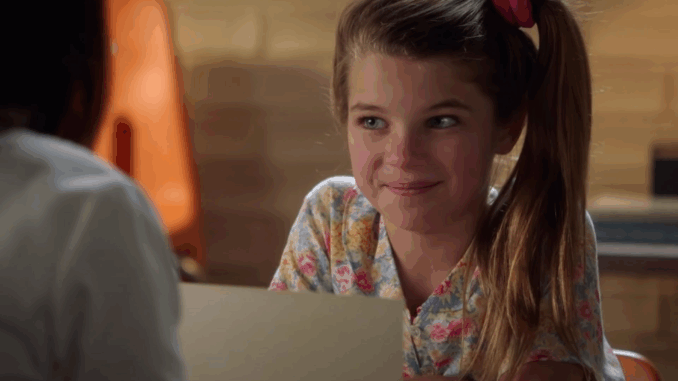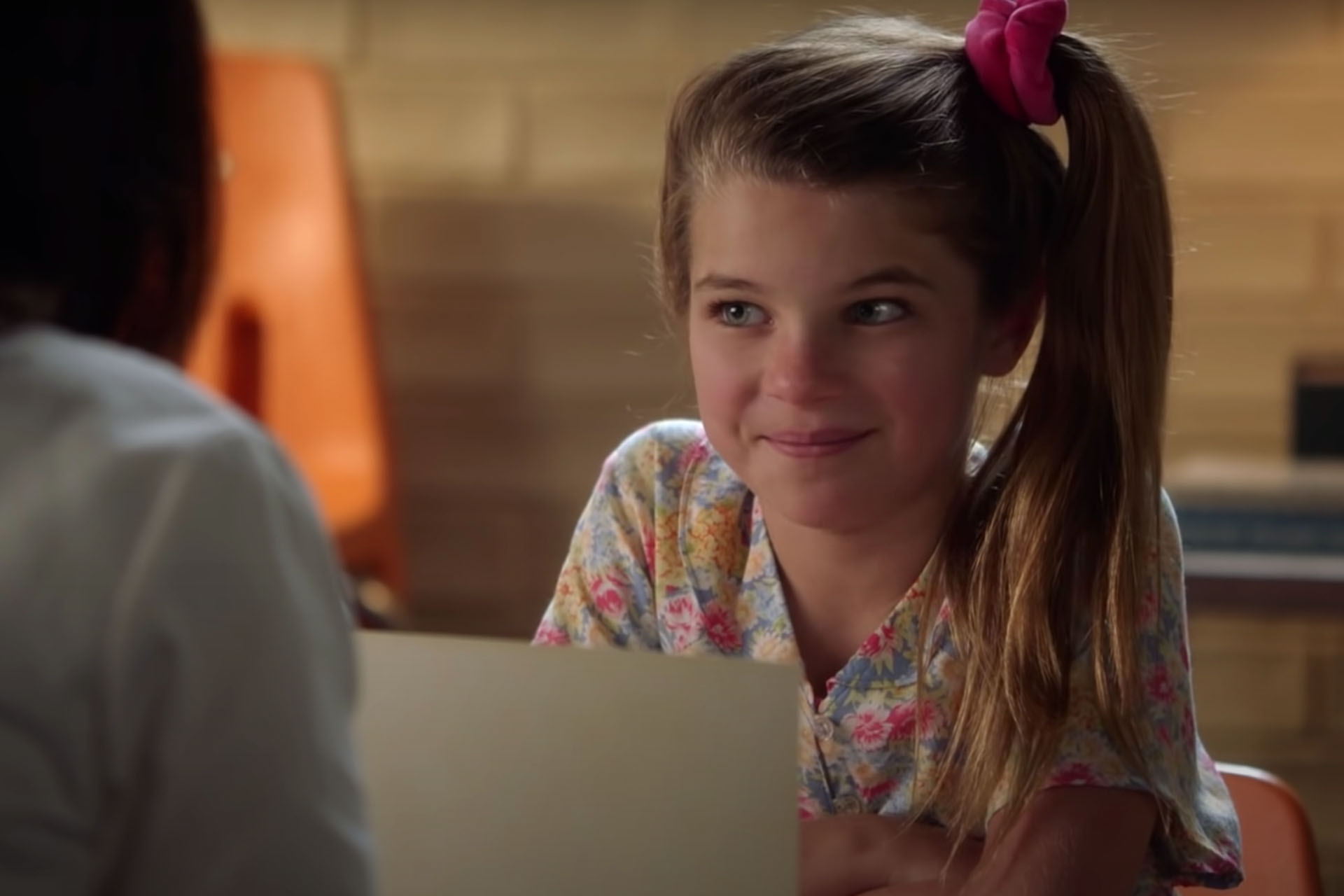
Introduction: The Wedding Drama We Didn’t Ask For
If you’re a die-hard Young Sheldon fan, you probably tuned in expecting a wholesome, maybe even emotional celebration of Georgie and Mandy’s first marriage. But instead? We got a messy feud between characters that felt… out of place. The issue isn’t just fan frustration—it’s a storytelling misstep that clashes with everything Young Sheldon has been building up.
Let’s unpack why this wedding saga didn’t sit right, who should have been at the center of the conflict, and how this storyline proves that the Young Sheldon writers missed a golden opportunity.
The Importance of Georgie and Mandy’s Marriage in Young Sheldon
Why This Wedding Should’ve Been a Turning Point
Georgie and Mandy’s marriage could have been a pivotal moment. They’ve had ups and downs, sure—but their journey from unexpected parents to committed partners gave the show depth. This wedding was meant to tie together a long emotional arc.
Instead, It Sparked All the Wrong Fires
Rather than delivering closure or emotional payoff, the wedding was overshadowed by conflict. And not just any conflict—the wrong characters were feuding.
Who Was Actually Feuding?
Missy and Mandy’s Sudden Tension
The writers created friction between Missy and Mandy, which felt completely out of character. Missy, who’s always been the cool, supportive sibling, suddenly had a chip on her shoulder. And Mandy, who’s usually grounded, lashed out in ways we didn’t expect.
Where Did That Even Come From?
Let’s be honest—it felt forced. There was barely any build-up. It’s like the writers needed drama for the wedding and just tossed a dart at a character wheel.

The Real Conflict That Should’ve Happened
George Sr. vs. Mandy’s Parents—A Missed Opportunity
The obvious, natural tension should’ve come from family. Mandy’s parents never fully warmed up to Georgie, and George Sr. has always had complicated dynamics with just about everyone.
In-Laws Make Prime TV Conflict
Let’s face it—weddings and in-laws go together like oil and water. The show could’ve leaned into that classic dynamic, showcasing the cultural or personal clashes between the Coopers and Mandy’s uptight parents.
Character Consistency? What’s That?
Mandy Deserved Better Writing
Mandy’s character development has been one of the stronger arcs in the show. Reducing her to a reactive, argumentative figure in her own wedding episode felt like a step back.
Missy’s Anger Arc Felt Disconnected
Missy’s teenage rebellion storyline is fair game, but clashing with Mandy at the wedding? That doesn’t align with her typical empathy and maturity.
The Role Young Sheldon Plays in This Misfire
A Show That’s Lost Its Focus?
Let’s not forget—this is Young Sheldon. A prequel that’s supposed to enrich our understanding of the Big Bang Theoryuniverse. Yet lately, it seems to be leaning more on soap opera drama than smart, character-driven plots.
Proving the Misalignment
This wedding episode proves one thing loud and clear: Young Sheldon is straying from its roots. Instead of subtle family tension, we got drama for drama’s sake.
Fans Aren’t Buying It
Social Media Reacted Fast—and Fierce
Twitter, Reddit, and fan forums lit up with comments like “What was that?” and “Why are Mandy and Missy even mad at each other?” The lack of context drove fans nuts.
A Break in Viewer Trust
When a show abandons character logic, fans notice. And once that trust breaks, it’s hard to rebuild.
How It Could’ve Been Fixed
Shift the Focus Back to Family Dynamics
Imagine if Mandy’s parents disrespected George Sr. at the rehearsal dinner, sparking a quiet but powerful war of words. That would’ve felt authentic.
Let Sheldon Observe, Not Orchestrate
Sheldon works best as a narrator or observer in these family events—not as a side character to prop up needless drama.
H1: The Bigger Picture—Why It Matters
H2: Every Character Decision Has Long-Term Impact
It’s not just about one scene or one episode. When characters act out of alignment, it changes how we see them long-term.
H2: Writers Should Respect Audience Memory
Fans remember past seasons. They know how Missy and Mandy usually act. You can’t just toss that away for a 15-minute subplot.
H1: Emotional Payoff Was Lost
H2: Weddings Should Bring Closure or Growth
Even if there’s conflict, there should be some kind of growth or catharsis by the end. This episode left everyone bitter and confused.
H2: We Didn’t Get the Heartfelt Moment We Deserved
We wanted laughter, maybe some tears—but most of all, authenticity. And that just wasn’t there.
Future of Georgie and Mandy’s Storyline
Can the Show Redeem This Arc?
Sure. The writers have time to course-correct. But they’ll need to rebuild trust with the audience and give Georgie and Mandy’s relationship the dignity it earned.
Conclusion: A Wedding Worth Remembering—for the Wrong Reasons
Georgie and Mandy’s first marriage had the potential to be one of the most memorable, emotionally resonant episodes in Young Sheldon. Instead, it became a talking point for all the wrong reasons. Misplaced feuds, underdeveloped conflict, and characters acting out of sync left fans scratching their heads.
Still, the show can learn from this. By focusing on authentic, character-driven storytelling and respecting its audience’s emotional investment, Young Sheldon can bring Georgie and Mandy’s journey back on track.
5 Unique FAQs
Q1: Why did Mandy and Missy fight in the wedding episode?
A1: The show never gave a solid reason—making the conflict feel forced and out of place.
Q2: Who should the real conflict have been between during the wedding?
A2: George Sr. and Mandy’s parents would’ve been a more natural, grounded source of tension.
Q3: Is this a sign that Young Sheldon is losing quality?
A3: Some fans think so, especially with recent episodes focusing more on drama than character development.
Q4: Will Georgie and Mandy stay together after the wedding drama?
A4: That’s unclear, but their arc deserves more thoughtful storytelling in future episodes.
Q5: How did fans react to the episode?
A5: Many expressed disappointment, citing unrealistic character behavior and missed opportunities for meaningful conflict.